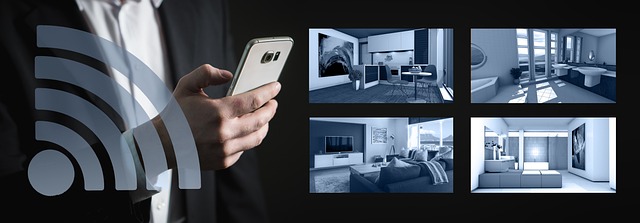Smart Home Automation – Choosing an Ecosystem
The smart home ecosystem definition most widely accepted is a property with devices that connect, integrate, and work together with the ability for users to control the devices remotely. The interconnection of the devices becomes increasingly important as more devices are added to a home.
The major competitors in the game continue to be Google, Amazon, and Apple. Smart speakers, easy to set up integrations, and digital voice assistants have made it easier to control devices which is the beginning of true home automation.
The decision which ecosystem is best for you can be driven by choosing your preferred digital assistant: Amazon Alexa, Google Assistant, or Apple’s Siri. Unlike PC vs. Mac, you are not making a final choice that you must stick with for life. Rest assured that most smart home device manufacturers build products that will work with multiple systems. Other players have emerged in the market; Samsung SmartThings, IFTTT, Control4, and Logitech are just a few each with specific roles to play. There are high-level differentiators for the big three listed below.
With the largest number of ‘skills’ (voice-controlled apps built for it specifically) Amazon Alexa is a leading choice. Amazon Alexa also boasts of a streamlined approach to controlling compatible devices in the home by using device ‘groups’ and ‘routines.’
Google answered the early Alexa domination with the Google Home speaker. Google Assistant comes with a sufficient number of ‘Home Actions,’ not as many as Alexa’s skills but certainly enough. The Assistant also uses ‘routines’ to control all the compatible devices in the home.
Apple HomeKit is a two-part interface solution. The background software is proprietary with very serious encryption. The user interface is the Home app which uses ‘rooms,’ ‘automation,’ and ‘scenes’ to control compatible devices in the home.
Consumers want simplicity in syncing up devices to form a smart home. The three leaders above are adding to their offering everyday to meet these demands. I wrote about Project CHIP (Connected Home over IP) in 2019. The goal for this collaboration of the largest tech firms was to publish a smart home technology standard to be used by all manufacturers. The project was rebranded as ‘Matter’ and now boasts 150+ alliance members and participants. The wait is nearly over as the ‘Matter’ principles will begin having an impact on the smart home industry this year. Acceptance and adoption of those principles will enable true home automation to make a giant step forward in 2023.
If you have home automation and technology questions contact us at 978-969-0496!


